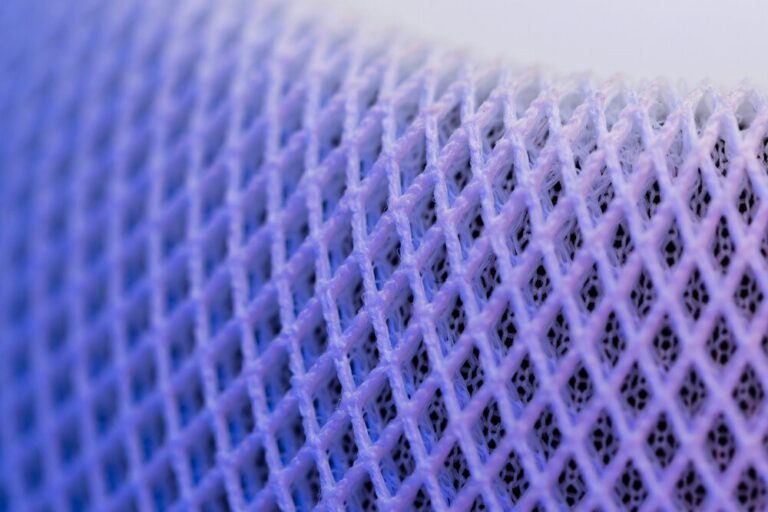Researchers at Brigham and Women’s Hospital (BWH), United States, have developed a new technology for monitoring cellular interactions at the nanoscale that provides detail never before achieved. The team used nanotechnology to engineer sensors onto the surface of cells, allowing for the monitoring of single-cell interactions in real-time. Jeffrey Karp, senior study author, and co-director of the Center for Regenerative Therapeutics (ReGen Rx) at BWH, said, “We can now monitor how individual cells talk to one another in real-time with unprecedented spatial and temporal resolution. This allows us to understand signaling between cells and interactions with drugs in great detail that should have broad implications for basic science and drug discovery.” This innovation will provide the ability to further understand complex cell biology, track transplanted cells, and develop effective therapeutics. According to Karp, “We may one day be able to test a drug’s influence on cell-cell interactions before deciding on the appropriate therapeutic for each person.” The team’s work was published in the journal Nature Nanotechnology.




